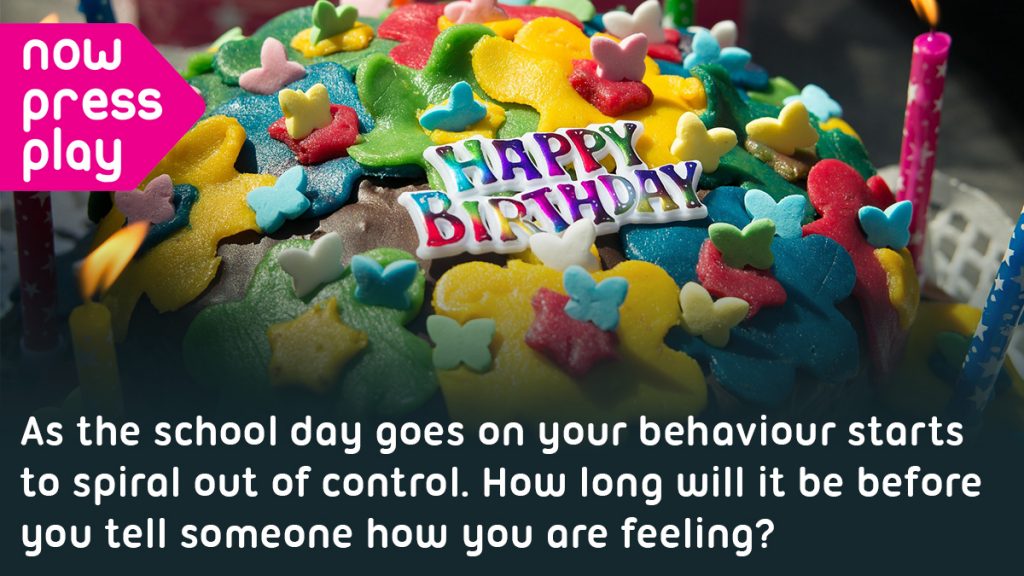
Mental health is something we all need to talk about. However, it's not always an easy thing to discuss — especially with young children. We're proud to provide schools with effective, engaging teaching resources to help primary school children of any age develop the understanding and vocabulary to talk about mental health.We’ve collected together a list of resources for you to share with your team to help them explore mental health and wellbeing in their classes.
Free wellbeing and mental health resources for primary schools
PSHE Association
The PSHE Association provides guidance, lesson plans, and resources for teaching mental health and emotional wellbeing, as well as other PSHE topics for KS1 and KS2 pupils.See their resources
Anna Freud
The Anna Freud National Centre for Families and Children has made an excellent animated film called Talking Mental Health. It aims to give children:
- An understanding of what mental health is and the difference between everyday “small feelings” and “big feelings.”
- Consistent and accessible language to talk about mental health.
- An understanding of how to be a good listener.
They also provide a Teacher Toolkit to go alongside the animation, which includes:
- Lesson plans.
- An assembly PowerPoint and plan.
- A booklet of tips for talking for parents and carers.
- Various teaching and classroom resources.
Place2B
Place2B, the children's mental health charity, produce some fantastic assembly guides, slides, and group activities every year as part of Children’s Mental Health Week. Welsh language versions of their resources are available for schools in Wales.They also offer a training programme for Mental Health Leads to support developing wellbeing and mental health provisions across your school.See their resources
Bounce Back Newham
Bounce Back Newham, a resilience program for young people, has some brilliant resources for KS2 children on topics such as being more active, having positive relationships, and staying motivated.See their resources

Exploring mental health and wellbeing with now>press>play
Children learn best through experience. At now>press>play, we offer audio-based lessons that immerse students in their topic through sound, story, and movement.Our 80+ Experiences include several PSHE topics for Key Stages 1 and 2, as well as a number of EYFS Experiences demonstrating the basics of wellbeing and safety.Furthermore, our tailored follow-on resources help further embed the social and emotional learning from our Experiences.
EYFS
- People Who Help Us explains who children can turn to when they need help, as well as the importance of friendship and helping others.
- In Autumn, Winter, Spring*, and Summer* (*coming soon), pupils explore the different seasons and the basics of self-care, such as dressing properly and eating a healthy breakfast.


Key Stage 1
- KS1 Feelings lets children explore the things that positively and negatively affect mental, physical, and emotional health, as well as develop vocabulary for expressing feelings and strategies for managing them.
- Healthy Living showcases the importance of a balanced diet, good sleep, and physical exercise. While voyaging through a human body in a microscopic submarine, children will discover the effects of an unhealthy lifestyle.
- Humans takes a scientific look at the basic needs for human survival - including healthy food, exercise, and personal hygiene - on a thrilling trip across the galaxy.


Key Stage 2
- In KS2 Feelings, students examine feelings such as worry, stress, and anger, and how they can affect us when we don't talk about them. The Experience introduces key vocabulary such as “anxiety,” “depression,” and “mental health,” helping children understand how to take care of their mental wellbeing.
- Transition lets Year 6 pupils explore the new challenges and emotions that they may encounter when moving to secondary school.


Become a Wellbeing Whizz
To encourage schools to take part in wellbeing activities with their students, we send out Wellbeing Whizz stickers to any class using one of our PSHE Experiences (or doing other mindful activities such as class yoga, meditation, etc.).Simply post on your school’s social media about your work, tag us, and we’ll send stickers for your class!

Start your wellbeing journey todayWe’d love to hear how your school enjoys using now>press>play. Share your journey with us using our social media:TwitterFacebookLinkedIn








